From now until 2028, universities must meet the standards of the Ministry of Education , otherwise they may be suspended from enrolling students and dissolved.
The information was stated by Deputy Minister of Education and Training Hoang Minh Son at the training conference to implement Circular 01 on university education institution standards, on March 22.
This circular was issued by the Ministry in February with 6 standards to ensure the quality and performance indicators of a university, including: organization and administration, lecturers, teaching and learning conditions, finance, enrollment and training, research and innovation. In each standard, the Ministry sets out specific criteria for schools to implement.
Agreeing with the Ministry's criteria, Mr. Le Viet Phuong, Nha Trang University, is concerned about sanctions if schools do not meet them.
For example, the circular stipulates that 70% of lecturers must be of working age. Meanwhile, the Ministry's regulations on opening majors require schools to have professors and associate professors. This group has their working age extended by 5 years compared to the general regulations. Without them, the major could be closed, and if they are, they will have difficulty meeting the "working age" standard.
"If there are no sanctions for Circular 01, schools will prioritize ensuring conditions for opening majors and enrolling students," Mr. Phuong said.
Deputy Minister Hoang Minh Son said that in the coming time, when revising circulars on admission conditions and opening majors, the Ministry will adjust the criteria to be compatible with university education institution standards.
He added that except for the criteria on land area, which will not be applied until 2030, the Ministry requires that schools must meet all indicators and criteria by the end of 2025. At this time, the Ministry will likely have completed amending Decree 04 on administrative sanctions in the education sector, and there will be sanctions for schools that do not meet the standards.
According to the Deputy Minister, the standards of training institutions are not only related to enrollment targets and opening majors, but are also the basis for the Ministry to arrange and plan the university education network.
"If the index is not met, schools have three years to consolidate and improve. By 2028, if they still do not meet the index, schools may stop enrolling students, suspend operations until all students graduate, then the school will be dissolved. That is the strongest sanction," said Mr. Son.
He cited the example of an international school in Ho Chi Minh City that had financial problems and had to temporarily suspend operations, leaving many students and their families in dire straits. He emphasized that a weak university cannot be allowed to operate normally like other schools.
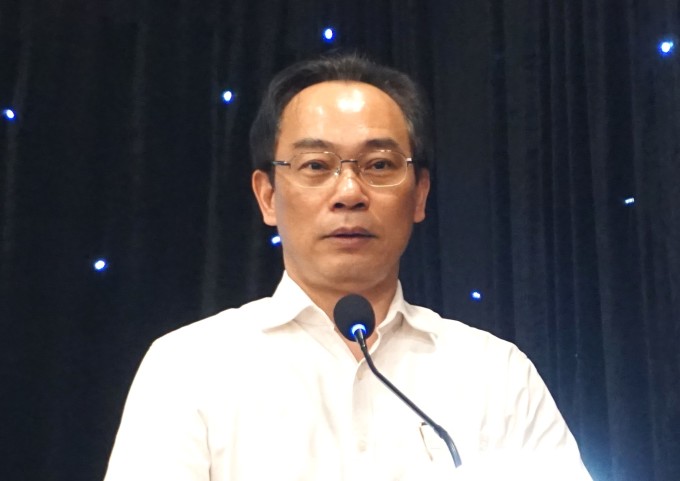
Deputy Minister Hoang Minh Son speaks at the conference on March 22. Photo: Le Nguyen
One topic of interest to delegates is the index of lecturers' working space. Mr. Vu Van Yem, Head of the Department of Personnel Organization, Hanoi University of Science and Technology, said that according to regulations, 70% of full-time lecturers are arranged to work at the school, with a minimum of 6 square meters per staff. However, this is a challenge.
Mr. Yem compared university lecturers in Vietnam to singers who run shows, only coming to school when they have classes, teaching and then going home, sometimes not coming to school for several weeks. Part of the reason is because there is no working space.
A representative of another school suggested reviewing this index because investing in enough offices for all lecturers requires a large area and can be wasteful when many lecturers only come to school when they have teaching hours.
In response, Mr. Son said that in addition to class time, lecturers also prepare lectures and discuss with students. Therefore, schools need to invest in working places for them.
"If there are enough offices but lecturers do not come, schools need to review their management methods," he said.
According to the Deputy Minister, implementing university standards is also a way to help schools promote autonomy and increase efficiency in resource management. The Ministry issued standards not for the purpose of ranking, but schools themselves will compare with each other.
Currently, the country has 244 universities. According to the draft university network plan until 2030, Vietnam will have 30 key universities, entering the world rankings, including 5 national universities, 18-20 key industry schools and 5 regional universities.
Le Nguyen
Source link


![[Photo] Unique architecture of the deepest metro station in France](https://vphoto.vietnam.vn/thumb/1200x675/vietnam/resource/IMAGE/2025/11/14/1763107592365_ga-sau-nhat-nuoc-phap-duy-1-6403-jpg.webp)



![[Photo] Unique art of painting Tuong masks](https://vphoto.vietnam.vn/thumb/1200x675/vietnam/resource/IMAGE/2025/11/14/1763094089301_ndo_br_1-jpg.webp)

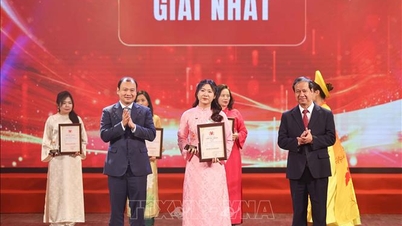



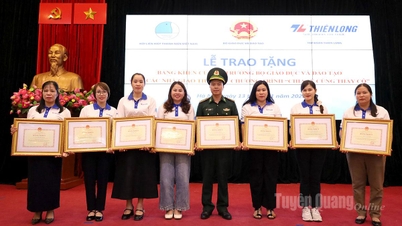

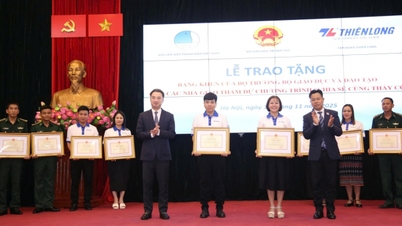

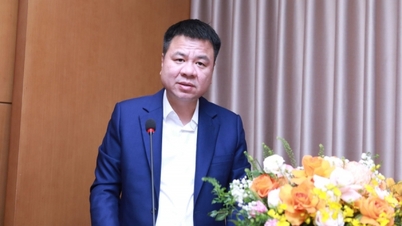
























![[Photo] Special class in Tra Linh](https://vphoto.vietnam.vn/thumb/1200x675/vietnam/resource/IMAGE/2025/11/14/1763078485441_ndo_br_lop-hoc-7-jpg.webp)








































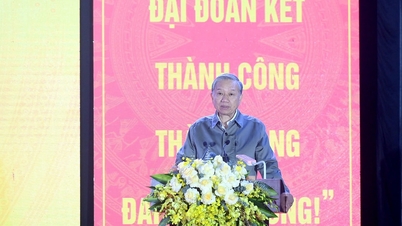




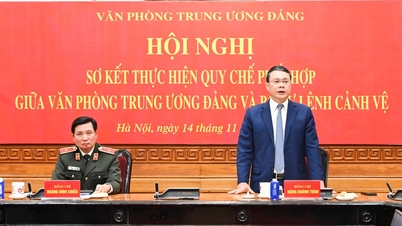




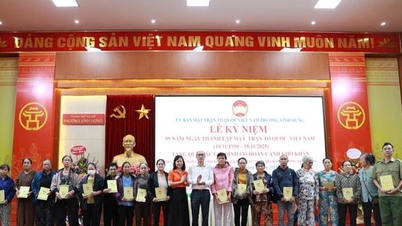

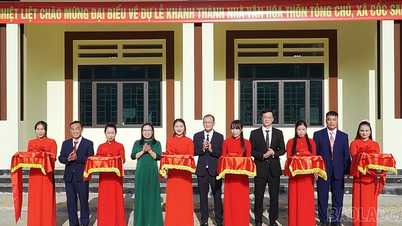



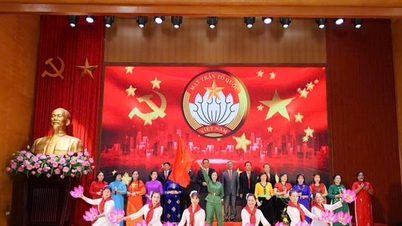











Comment (0)